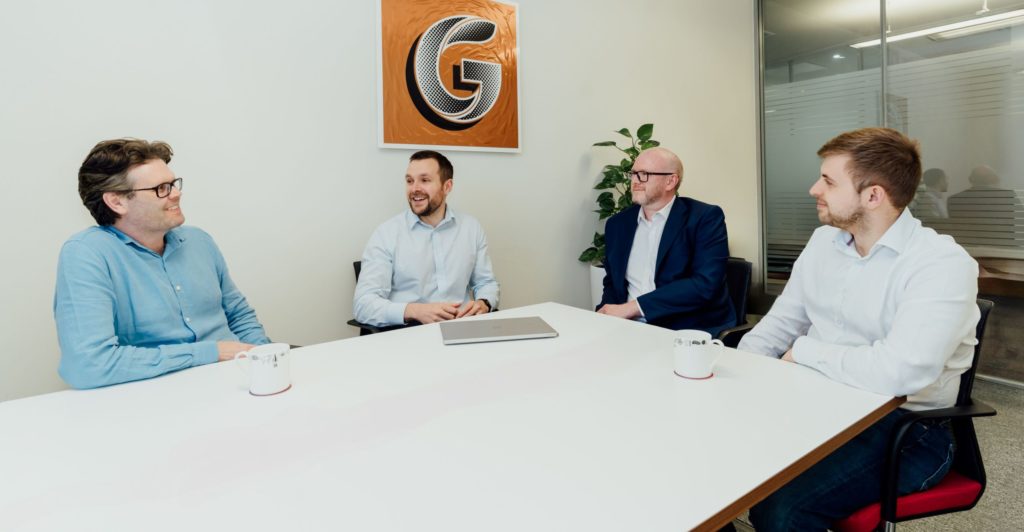
Richard Cressall Quoted by Global Media Following Tate Modern Supreme Court Ruling
Monday 6th February 2023
Richard Cressall, partner at law firm Gordons and an expert in property disputes, has been quoted by global media, including The Guardian and The Washington Post, following the Supreme Court’s ruling in a property dispute at the world-famous art gallery, Tate Modern.
The comments come following a lengthy dispute where the owners of luxury flats opposite the Tate Modern’s viewing gallery claimed they faced unacceptable levels of intrusion from gallery visitors.
In a majority ruling, Supreme Court Justices determined that the flat owners faced a “constant visual intrusion” that interfered with the “ordinary use and enjoyment” of their properties, extending the law of private nuisance to include overlooking/intrusive viewing.
The dispute, which has been running since 2017, was escalated to the Supreme Court after a request for an injunction for the gallery to cordon off the gallery was dismissed by the High Court and the Court of Appeal.
The fact that the case was escalated to the Supreme Court indicated that it was considered a matter of public interest.
The case examined two key legal questions: whether “overlooking” constituted a private nuisance, and whether the viewing gallery was a reasonable use of Tate’s land, given that it was an art gallery.
Richard commented on the ruling: “This is an extremely unexpected result. Previous court decisions have suggested that if you happen to be overlooked by others, that is just bad luck and you don’t have a legal remedy. The Supreme Court has decided to put a cap on that. It says that where there is a very significant amount of ‘visual intrusion’ caused by doing something that is not a normal or reasonable use of land – in this case essentially inviting thousands of visitors to view and potentially record people in their homes – then that can be what is legally known as a ‘nuisance’ and the court can intervene to stop it.
In its ruling, the court noted that some visitors to Tate Modern’s viewing gallery, which is currently closed, photograph the interiors and post the images on social media.
The Supreme Court decision had been anticipated as potentially enshrining rights to privacy and potentially opening the floodgates to thousands of neighbour disputes.
“Although this is unexpected, the court has made it very clear that only an extremely unusual case like this would qualify for intervention. Unless there is a widespread interest in holding ‘viewing parties’ with large numbers of people, or setting up mass recording equipment overlooking residential property, then there will not be many cases like this,” Richard added.
Considering the impact this ruling has on future cases, Richard concluded: “The interesting unknown is what effect this case will have on others relating to recording equipment in an increasingly digital world. Although this wasn’t really a case about cameras, that is one key area where the law is still catching up with technology. Previous decisions, including a case from the early 1930s about the intrusion of “viewing mirrors”, would never have considered or contemplated the kind of technology that we all now carry around on our phones.”

